Our faculty publish cutting-edge research and teaching innovations in leading academic journals and publications and share their research in a variety of different ways.
Browse a selection of featured publications below.
Behavioural Neuroscience
Optogenetic stimulation of the locus coeruleus enhances appetitive extinction in rats
eLife (2024)
Simon Lui, Ashleigh Brink, Laura Corbit
Extinction is a specific example of learning where a previously reinforced stimulus or response is no longer reinforced, and the previously learned behaviour is no longer necessary and must be modified. There is substantial evidence that extinction involves new learning that inhibits expression of the originally learned behaviour. Extinction is relevant to exposure-based therapies that aim to reduce unwanted behaviours however an important limitation is that the passage of time or change in environment can lead to the return of the original behaviour which limits clinical efficacy. Here we found that optogenetic stimulation of the locus coeruleus, the primary source of endogenous noradrenaline, during extinction improved the long-term retention of this learning resulting in less recovery of the originally learned behaviour. These results provide further insight into the neural basis of extinction and may aid development of more effective extinction-based therapies.

Prefrontal neuronal ensembles link prior knowledge with novel actions during flexible action selection
Cell Reports (2023)
Justin Jarovi, Maryna Pilkiw, Kaori Takehara-Nishiuchi
Our memories help us plan for the future. In some cases, we use memories to repeat the choices that led to preferable outcomes in the past. In other cases, we need to use our memories to infer hidden connections between the present and past situations to decide the best choice of action based on the expected outcome. We developed a new behavioral task to model the latter inferential decision-making process in rats and show that neurons in the medial prefrontal cortex transiently couple spiking activity with one another to link the inferred hidden connection with new actions.

Developmental
This paper critically examines the prevalence of age comparison studies in developmental psychology. It argues that many such studies, which aim to determine when children acquire adult-like abilities, lack clear theoretical justification. The critique is framed within broader discussions of research priorities in psychology, drawing parallels to past trends in neuroscience where initial fascination with brain localization gave way to more theoretically driven research. Questioning the value of studies motivated primarily by publication rather than theoretical advancement, the paper advocates for a shift towards research that addresses fundamental questions about developmental mechanisms. Implications for research design and the future direction of developmental psychology are discussed.

Directing attention shapes learning in adults but not children
Psychological Science (2024)
Marlie C. Tandoc, Bharat Nadendla. Theresa Pham, Amy S. Finn
Children sometimes learn distracting information better than adults do, perhaps because of the development of selective attention. To understand this potential link, we ask how the learning of children (aged 7–9 years) and the learning of adults differ when information is the directed focus of attention versus when it is not.
Although directing attention to the drawings improved learning in adults, children learned the drawings similarly across experiments regardless of whether the drawings were the focus of the task or entirely irrelevant.

A unified account of why optimism declines in childhood
Nature Reviews Psychology (2024)
Julia A. Leonard, Jessica A. Sommerville
Optimism is linked to a range of positive social and cognitive outcomes across development. Yet decades of work in psychological science has revealed that optimism declines throughout early childhood. Despite this well-documented decline, there is no agreed-upon theory that accounts for developmental changes in optimism. In this Perspective, we synthesize cognitive, computational, social and neural evidence and discuss three candidate mechanisms that might underlie declines in optimism with age: learning from experience, changing theories of success and wishful thinking, and shifts in valenced learning biases. We argue that declining optimism across childhood is best characterized by an account that integrates these theories. Specifically, we suggest that environmental factors impact the pace at which children’s theories and valenced learning biases change with age, and consequently the rate at which their optimism declines.

Perception, Cognition and Cognitive Neuroscience
A smartphone intervention that enhances real-world memory and promotes differentiation of hippocampal activity in older adults
Proceedings of the National Academy of Sciences (2022)
Chris Martin, Bryan Hong, Rachel Newsome, Katarina Savel, Melissa Meade, Andrew Xia, Christopher Honey, Morgan Barense
The ability to vividly recollect our past declines with age, a trend that negatively impacts overall well-being. We show that using smartphone technologies to record and replay brief but rich memory cues from daily life can improve older adults’ ability to reexperience the past. This enhancement was associated with corresponding changes in the way memories were stored in the brain. Functional neuroimaging showed that repeatedly replaying memory cues drove memories apart from one another in the hippocampus, a brain region with well-established links to memory function. This increase in differentiation likely facilitated behavior by strengthening memory and minimizing competition among different memories at retrieval. This work reveals an easy-to-use intervention that helps older adults better remember their personal past.

Brief category learning distorts perceptual space for complex scenes
Psychonomic Bulletin & Review (2024)
Gaeun Son, Dirk Bernhardt-Walther, Michael L. Mack
When we learn new categories, it can change how we see and remember things. This study explored how this happens with complex real-world scenes. Using AI-generated images, participants were taught to group scenes into categories with an arbitrary boundary. Later, when recalling the scenes, their memories were systematically distorted—scenes near the boundary were remembered as farther away from it. This suggests that even a short learning experience can reshape our perception, pulling what we see toward category centers and pushing away from boundaries, helping our brains organize the world more efficiently.

Changing what you like: Modifying contour properties shifts aesthetic valuations of scenes
Psychological Science (2023)
Delaram Farzanfar, Dirk Bernhardt-Walther
How do humans find beauty in visual scenes? We developed a model focusing on contours (outlines and edges) in images to predict aesthetic responses. By manipulating these contours while keeping the scene's meaning intact, we found that changes in contours directly affected people's aesthetic judgments. This research provides the first experimental evidence that specific visual features, particularly contours, play a causal role in how we perceive beauty. The findings suggest that our ability to appreciate visual aesthetics is rooted in how our brains process certain visual features that relate to shape.
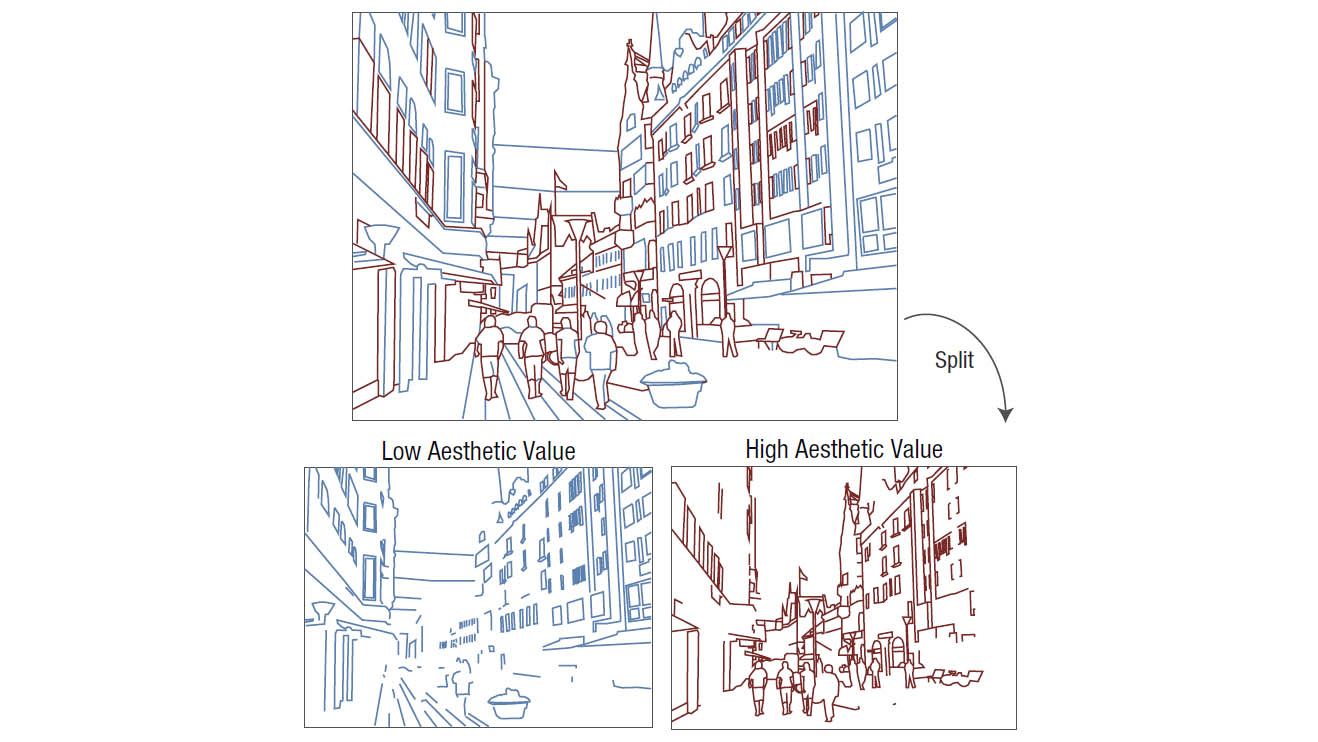
Associated risk and resilience factors of Alzheimer's disease in women with early bilateral oophorectomy: Data from the UK Biobank
Journal of Alzheimer's Disease (2024)
Noelia Calvo, G. Peggy McFall, Shreeyaa Ramana, Michelle Galper, Esme Fuller-Thomson, Roger A. Dixon, Gillian Einstein
We examined the prevalence and predictors of Alzheimer's disease in women with early bilateral oophorectomy (BO). Drawing from the UK Biobank, our research determined that women with early BO, particularly those with an AP0E4 allele, are at high risk of Alzheimer's disease. We also found that women with early BO who use hormone therapy and those with increased education have lowed odds of developing Alzheimer's disease.

A "logical intuition" based on semantic associations
Journal of Experimental Psychology: Learning, Memory, & Cognition (2025)
Can Mekik, Olivier Vivier, & Henry Markovits
People tend to accept logically fallacious arguments if such arguments have believable conclusions, a phenomenon known as belief bias. Such erroneous judgments are often accompanied by various indicators of cognitive discomfort. Some researchers have taken these findings to point to the existence of logical intuitions -- quick and automatic evaluations of logical arguments. Others have questioned the findings on the grounds of potential experimental confounds. In this study, we hypothesized that the activation, via semantic associations, of potential alternatives to the invited conclusion of a fallacious argument may be one of the cognitive mechanisms responsible for logical intuitions. Consequently, we expected participants to show greater signs of cognitive discomfort upon accepting invalid arguments with many alternatives as compared to few. We tested this prediction in two behavioral experiments in which we tightly controlled for potential confounds. The results revealed a clear logical intuition effect and bore out our prediction, suggesting that semantic associations may indeed play a role in the generation of logical intuitions.

Spatial-extent inference for testing variance components in reliability and heritability studies
Imaging Neuroscience (2024)
Ruyi Pan, Erin W. Dickie, Colin Hawco, Nancy Reid, Aristotle N. Voineskos, Jun Young Park
Imaging biomarkers derived from functional magnetic resonance imaging (fMRI) play a crucial role in understanding brain functions and their relationships with cognition, perception, brain disorders, and other neurological processes. However, even high-resolution fMRI suffers from low test-retest reliability, particularly when multivariate structures and high dimensionality are not adequately accounted for. In this study, we propose a novel statistical method to identify brain regions with high test-retest reliability, thereby enhancing our understanding of how the brain influences behavior. We demonstrate the utility of our method using data from the Human Connectome Project.
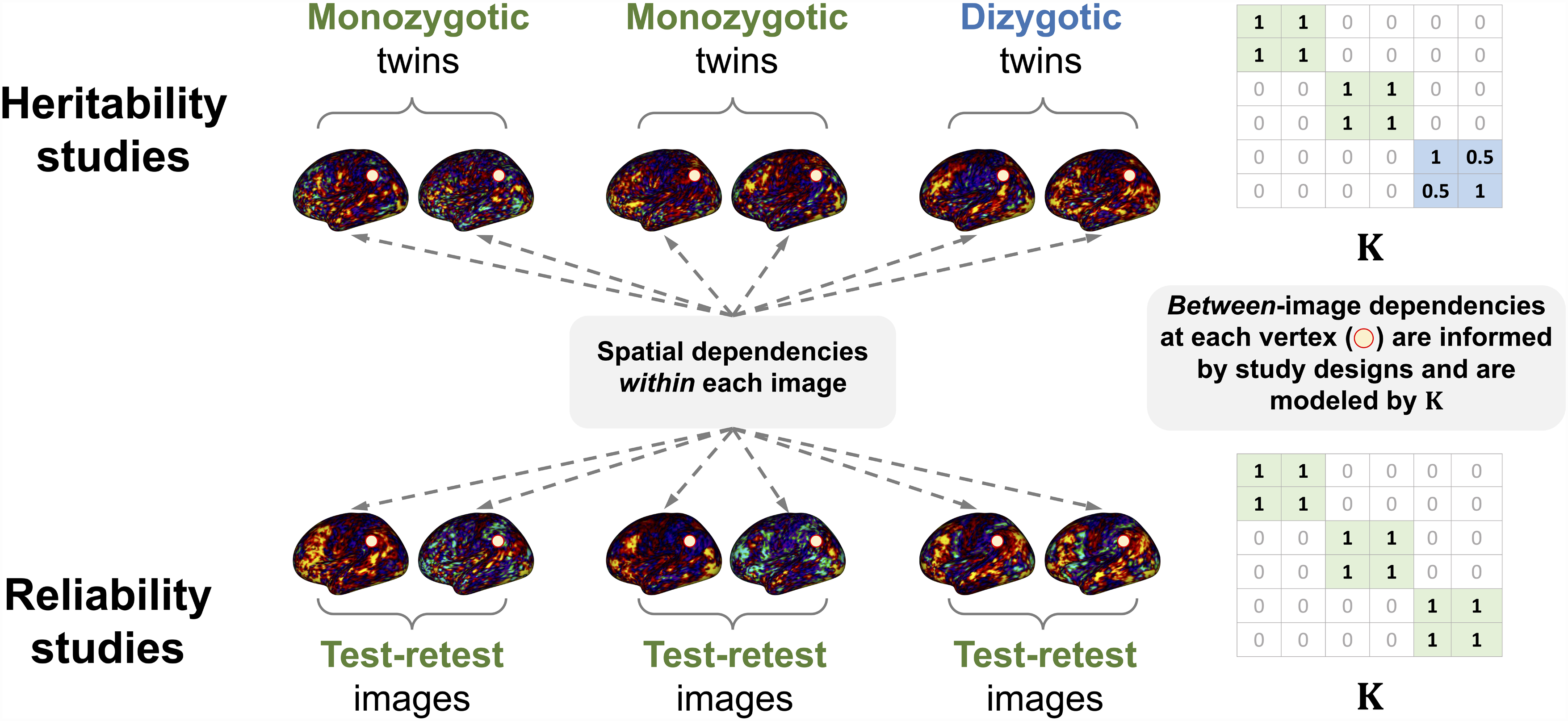
Examining the role of action-driven attention in ensemble processing
Journal of Vision (2024)
Kristina Knox, Jay Pratt, Jonathan S. Cant
When we encounter a large set of objects in the visual field, our visual system engages in ensemble processing to create a summary statistic (e.g., average size, shape, or colour) of that set. This ensemble representation can then be used to make quick and accurate decisions regrading the objects (e.g., which way are they moving?). To examine the role that visual attention plays in ensemble processing, we used a phenomenon known as action-driven attention; when we act on an object, we invariably attend to that object. On each trial, observers first had to make an action (keypress) to a specific colored oval (either blue or yellow). They were then presented with set of blue and yellow ovals on which they had to report the average size of all the ovals. Would either the blue or yellow ovals be selectively attended because of the prior action, causing those colored ovals to bias the ensemble statistic of the entire oval object set? The answer is yes; action-driven attention does influence ensemble processing.
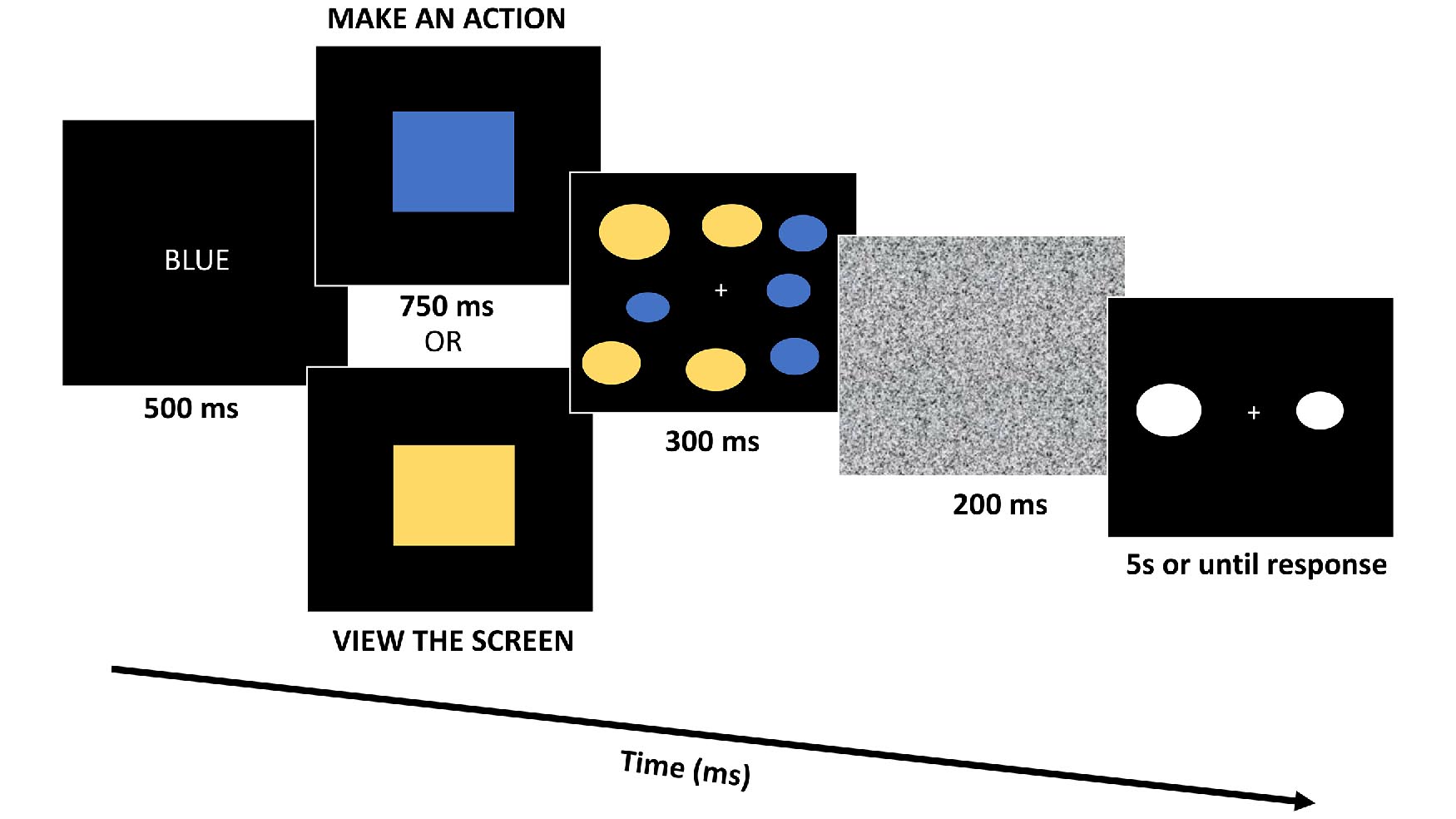
Social and Personality
Methods reflect values: Evaluating the shortcomings of the average for measuring population well-being
Journal of Personality and Social Psychology (2025)
Sofia Panasiuk, Anthony McCanny, Felix Cheung
As governments increasingly use well-being as a policy goal, they often measure it using the average life satisfaction of a population. However, this approach can overlook important ethical concerns, such as inequality and suffering. Analyzing data from over 3 million people in 148 countries, we explored three alternative methods: prioritizing the worst-off, tracking the proportion above a suffering threshold, and measuring inequality. We found that countries’ rankings shift when considering suffering and inequality, and increases in average life satisfaction sometimes occur alongside growing inequity. Our results highlight how focusing solely on averages can mask suffering and suggest alternative measures for more equitable well-being growth.

In this episode of The Dissenter, host Ricardo Lopes talks to Prof. MacDonald about the psychology of singlehood. They outline what singlehood is, its relationship to attachment styles, and what affects the well-being of single people. They also discuss why people seek relationships, singlehood trends, what it is like being single later in life, and more.

Smile variation leaks personality and increases the accuracy of interpersonal judgments
PNAS Nexus (2024)
Zak Witkower, Laura Tian, Jessica Tracy, Nicholas Rule
A smile may not quite be a fingerprint, but the idiosyncratic ways that we grin can reveal telltale signs about who we are. In this research, we found that people's personality traits were more legible from photos of them when they were smiling compared to when they posed as neutral. Specific muscle patterns carried information about different traits, helping to explain how people are able to accurately evaluate others' personalities from their faces.
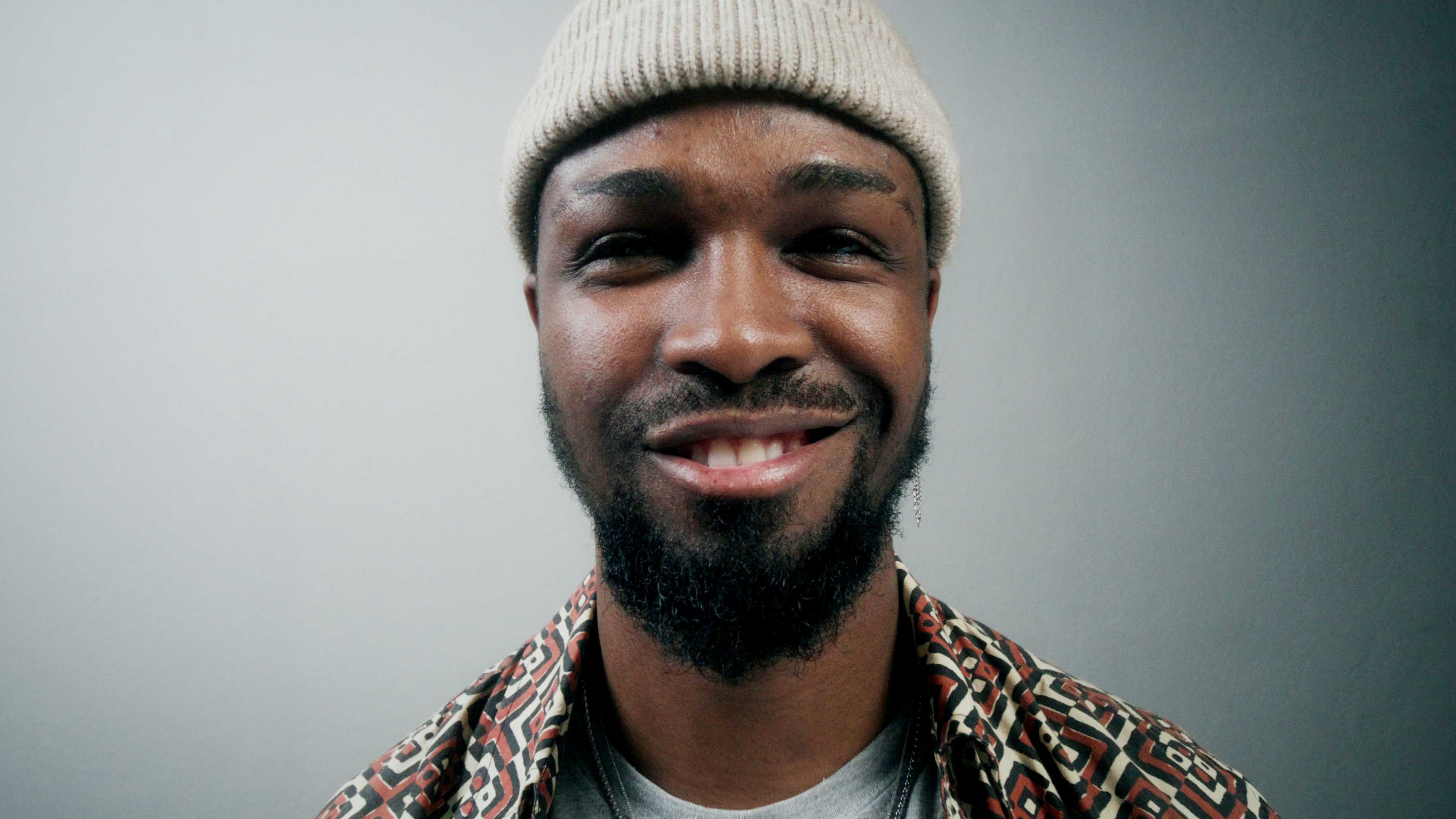
Teaching Stream
A self-determination theory perspective on stigma and prejudice
The Oxford Handbook of Self-Determination Theory (2023)
William S. Ryan, Annabelle Moore
People in stigmatized groups often face challenges to their well-being, but their experiences vary—some struggle while others thrive. This chapter uses self-determination theory (SDT) to explore why. Stigma can undermine basic psychological needs, especially autonomy and connection with others. The chapter examines how stigma affects well-being at personal, social, and institutional levels and how supporting autonomy can reduce its negative effects. As societies become more diverse, understanding stigma and fostering inclusion is increasingly important. SDT provides a useful framework for research and interventions aimed at reducing stigma’s impact and promoting well-being.

Practice makes perfect: Effects of mere rehearsal on lay judgments of confessions
Psychology, Crime & Law (2024)
Fabiana Alceste, Patricia Sanchez, Timothy Luke, Madeleine Dalsklev, Lucrezia Rizelli, Saul Kassin
Two studies examined the effects of rehearsing confessions. In Study 1, participants who were guilty or innocent of a mock crime were incentivized to confess and then improve upon that confession three more times. Guilty suspects’ confessions were longer than innocents', rehearsal increased statement length in both conditions, and suspects reported their rehearsed confessions as easier to give. In Study 2, observers watched a single confession from the first study. Results showed that observers did not distinguish between true and false confessions. Observers were also biased toward seeing guilt and substantially over-believed false confessions. Rehearsal exacerbated these results.

The market-ready psychology major: Skills-focused resources for psychology instructors
APA Psychology Teacher Network (2024)
Many psychology students struggle to see how their degree equips them with transferable workplace skills. To address this, Prof Ashley Waggoner Denton recently co-chaired a working group of international psychology faculty to develop resources that connect psychology coursework with practical skills. The working group focused on nine core psychology courses and produced syllabus inserts, PowerPoint slides, and class activities aimed at helping students recognize and articulate these skills for future careers.
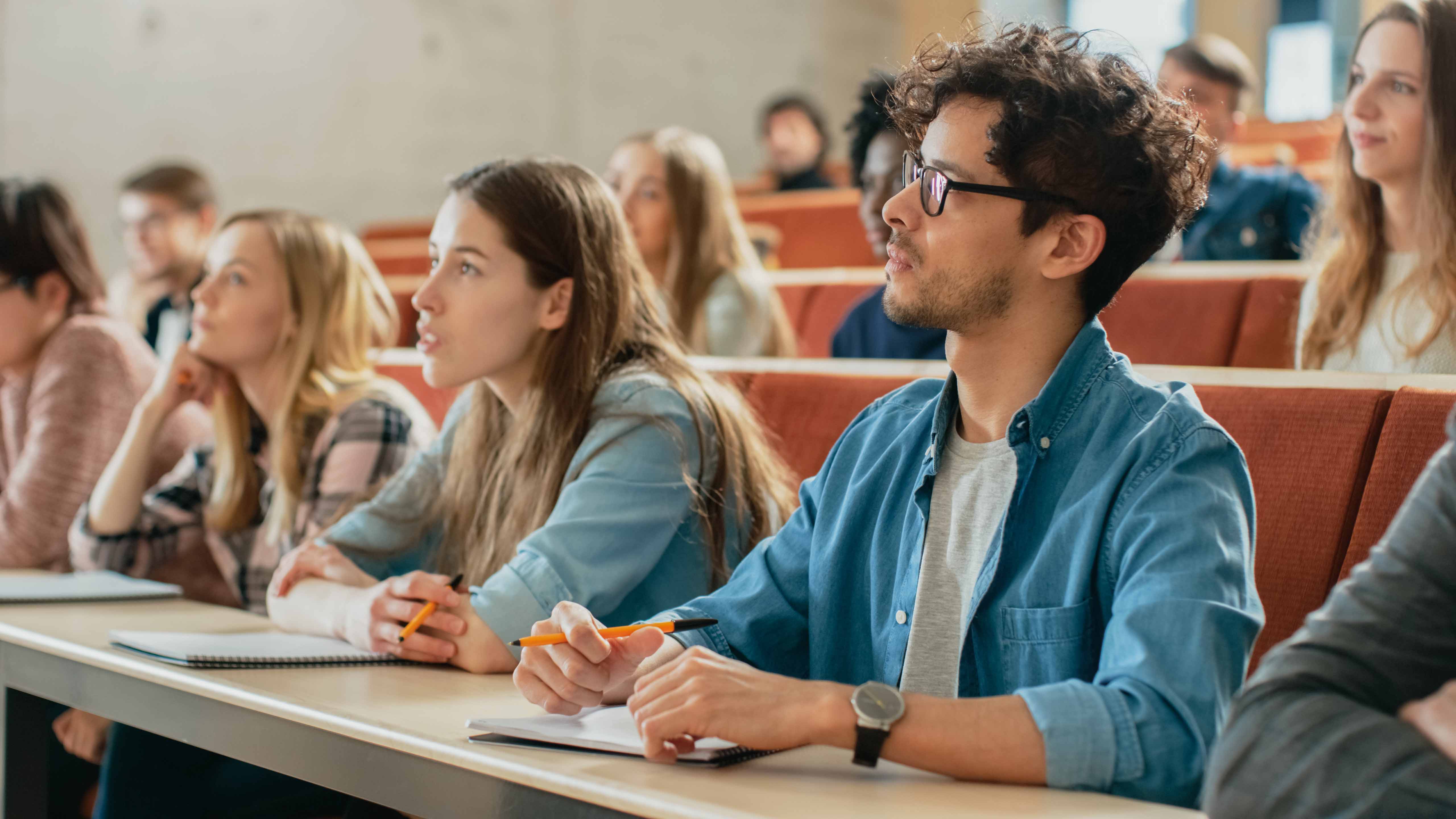
One label doesn’t fit all: Self-labeling practices within the Chinese immigrant community in Canada
American Behavioral Scientist (2024)
Odilia Yim, Sonia K. Kang
Ethnic minority populations, such as the Chinese and other racial minority communities, have traditionally been the targets of physical and social harassment. The onset of the Coronavirus (COVID-19) pandemic has reignited the racism, violence, and xenophobia faced by individuals of Chinese descent across North America. As a result, there is now a spotlight on the Chinese immigrant experience and the capacity for these individuals to authentically communicate and present their identities, specifically through the use of self-labels. In a mixed-methods investigation, we assessed the preferred self-labels among a sample of the Chinese population in Canada and sought to uncover the meanings imbued in the labels they use to describe themselves across different contexts. In addition, the relationships between label preferences and measures of ethnic identity and language were examined. Although bicultural labels (e.g., Chinese Canadian, Canadian Chinese, Hong Kong Canadian, etc.) were the most preferred, there was a variety of labels used, suggesting a more complex meaning in the choice of self-labels.



